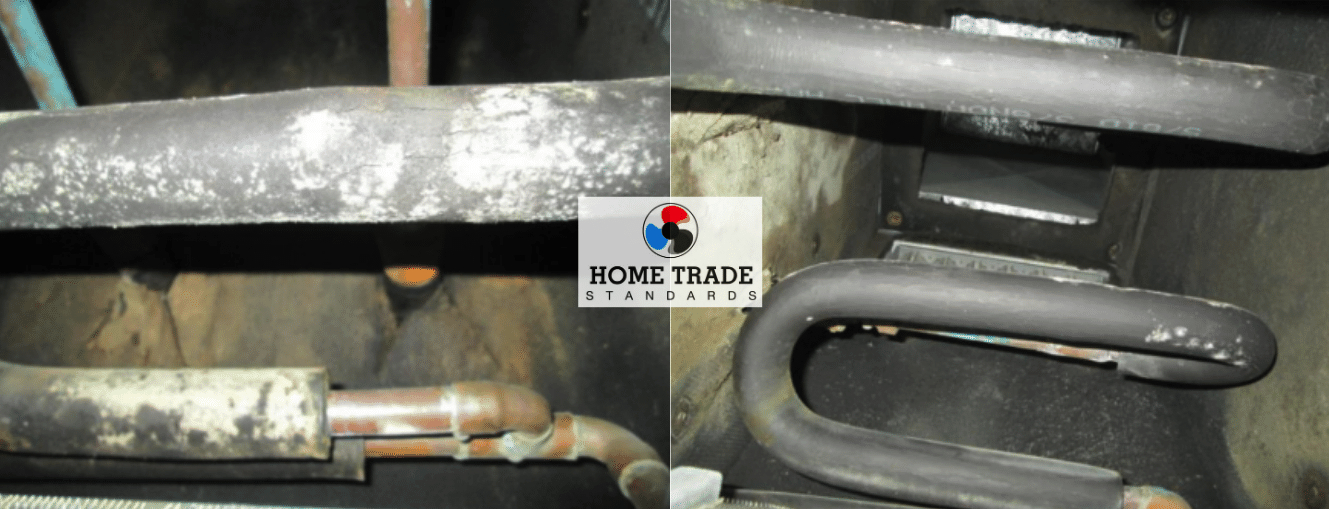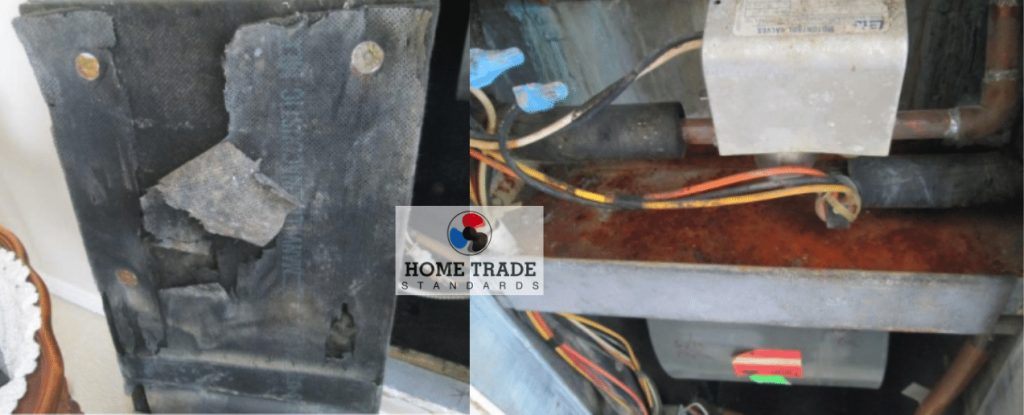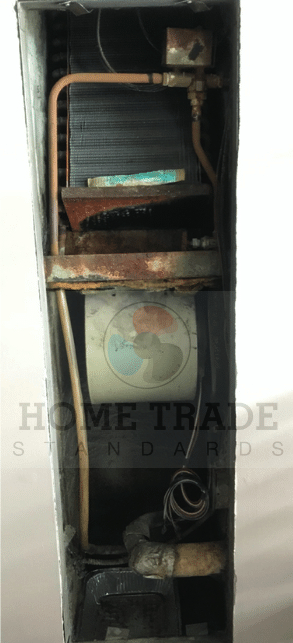What is a Fan Coil Actuator In Condos?
What is a Fan Coil Actuator In Condos? In a condo fan coil system, the actuator is a motorized device responsible for controlling valve operations. Working harmoniously with the thermostat, it regulates the room temperature by managing the flow of hot or cold water through the coil. Actuator failures are one of the major reported…
Condo Fan Coil Mould Growth Provokes More Challenges For Toronto Property Managers
A Delicate Issue Between Property Managers, Condo Corporations, Board Members, Homeowners, Tenants, Real Estate Agents & Potential Future Buyers Fan Coil Units are one of the most commonly installed Heating, Air Conditioning & Ventilation Systems in Canadian high rise buildings. Cold Water is delivered through the coils from the central chiller & boiler (depending on the…




